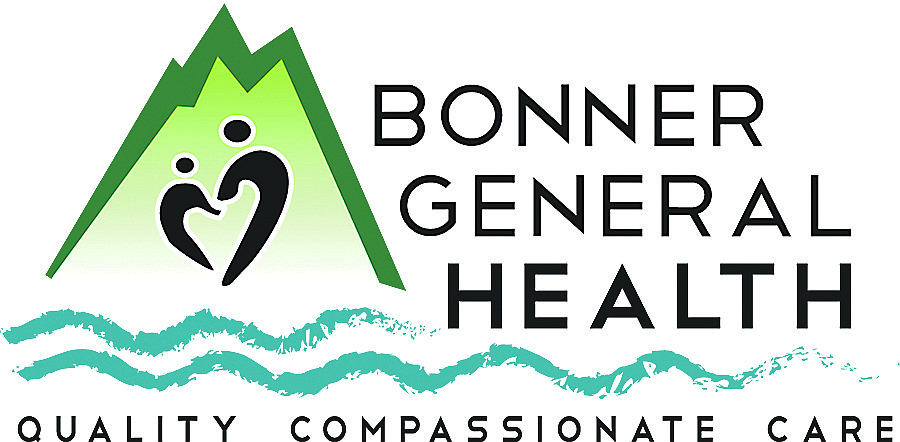Don’t ignore sleep apnea symptoms
A friend of mine just went on a “girls” weekend with her daughter and granddaughter. On the first morning, the daughter complained that her mother’s snoring kept her awake and insisted that she has sleep apnea. Apparently, her husband has it, so she’s aware of the symptoms.
While thinking about denying she snores, my friend realized that her husband would never hear her at night, as he suffers from severe deafness and can’t hear a thing without his hearing aids. As soon as she returned home, she made an appointment to get tested.
“Sleep apnea is a potentially serious sleep disorder in which breathing repeatedly stops and starts. If you snore loudly and feel tired even after a full night’s sleep, you might have sleep apnea,” Mayo Clinic explains.
But you must know that not all people who snore have sleep apnea and not all people with sleep apnea snore. It’s always complicated, isn’t it?
There are three main types of sleep apnea. Obstructive sleep apnea (OSA) is the most common form and affects men more often than women. It occurs when throat muscles relax and block the flow of air into the lungs. Central sleep apnea (CSA) occurs when the brain doesn’t send proper signals to the muscles that control breathing.
“Treatment-emergent central sleep apnea, also known as complex sleep apnea, which happens when someone has OSA – diagnosed with a sleep study – that converts to CSA when receiving therapy for OSA,” Mayo Clinic says.
They also advise you to see your healthcare provider if you suspect you have sleep apnea because treatment can not only ease symptoms but may prevent heart problems and other complications. These other complications may include daytime fatigue, high blood pressure, type 2 diabetes, liver problems and complications with medicines and surgery.
Mayo lists the factors that increase risk. They include carrying excess weight, being older, having a family history of sleep apnea, using alcohol, sedatives or tranquilizers. Smokers are three times more likely to have OSA than people who’ve never smoked.
“People with thicker necks might have narrower airways putting them at risk,” Mayo says. “You might have inherited a narrow throat. Tonsils or adenoids also can enlarge and block the airway, particularly in children.”
CSA risks are similar. People middle-aged and older have a higher risk, as do people with congestive heart failure, who’ve had a stroke, or are using opioid medicines particularly the long-acting ones like methadone.
What really got my attention was an article published by Healthline.com last summer. The headline read “Obstructive Sleep Apnea May Increase the Risk for Cognitive Decline.” What?
Yes, this study which was published in JAMA Neurology in July of last year, discovered that people who did not have obstructive sleep apnea were less likely to have cognitive issues later on.
“Researchers pooled 5,946 participants who are at least 45 years old and did not have dementia or a stroke to participate in this study. Through statistical analysis, the participants in this study were evaluated and researchers noted that those with poor sleep and obstructive sleep apnea were more likely to have poor global cognition within five years,” Healthline reported.
What they said was happening is that a pause in breathing can lead to hypoxia which means the body doesn’t have enough oxygen to function. Therefore, the periodic hypoxia associated with sleep apnea can affect the brain.
“It is thought that the fluctuations and oxygen throughout the night during sleep apnea cause damage to the lining of the small blood vessels, which causes blood flow to the brain to be less well regulated and thus, over time leads to various types of damage within the brain,” said Dr. James McGuirk, assistant professor in the Sleep Division in the Department of Neurology at Vanderbilt University Medical Center, who was not involve in the study.
Most often, your sleep-partner will tell you that your snoring and night breathing may be a problem. But if you’re like my friend, or if you live alone you might want to know that besides snoring, the symptoms for sleep apnea include waking with a dry mouth, having a morning headache, having insomnia, feeling excessively sleepy during the day and having difficulty concentrating.
We’re still waiting for my friend’s test results. I’ll keep you posted.
Kathy Hubbard is a member of Bonner General Health Advisory Council. She can be reached at kathyleehubbard@yahoo.com.

